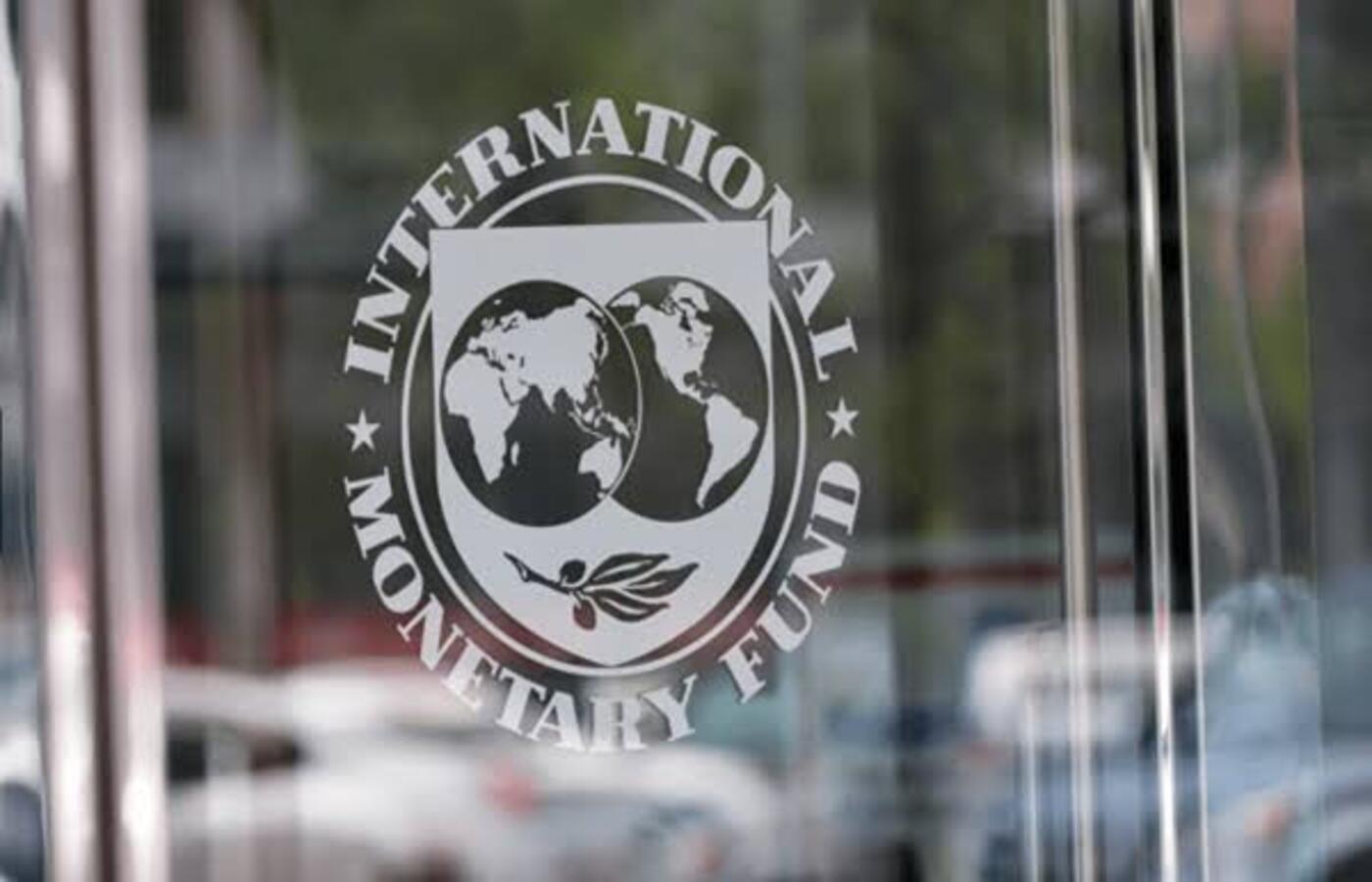The Nigerian currency took a renewed hit this week after revelations that the central bank had significantly understated the country's actual foreign exchange reserves. The central bank's long-delayed publication of its financial statements showed effective reserves available to support the naira were billions of dollars lower than previous claims.
On August 15, 2023, the naira recorded a one percent daily decline to close at N744 per dollar in the official window, weakening further to above N952 in parallel markets.
Previously undisclosed foreign exchange transactions totaling 7.5 billion dollars and nearly seven billion dollars in forward contract obligations came to light. Significantly, lending limits to the government had also been breached. After factoring in these new obligations, estimates show Nigeria's net reserves are only around 17 billion dollars - not the over 30 billion dollars reported by the central bank.
The shortfall revelations have raised major concerns about the central bank's capacity to defend the naira going forward. The currency has been weakening steadily since a move to a more flexible exchange rate in June.
With its ability to support the currency now seriously in doubt, bond prices have fallen and experts warn of an International Monetary Fund bailout becoming necessary. The central bank's failure to properly account for foreign exchange reserves has dealt a heavy blow to confidence in the currency at a critical time. Transparency and remedial action will be required to stem the naira's accelerated decline.





